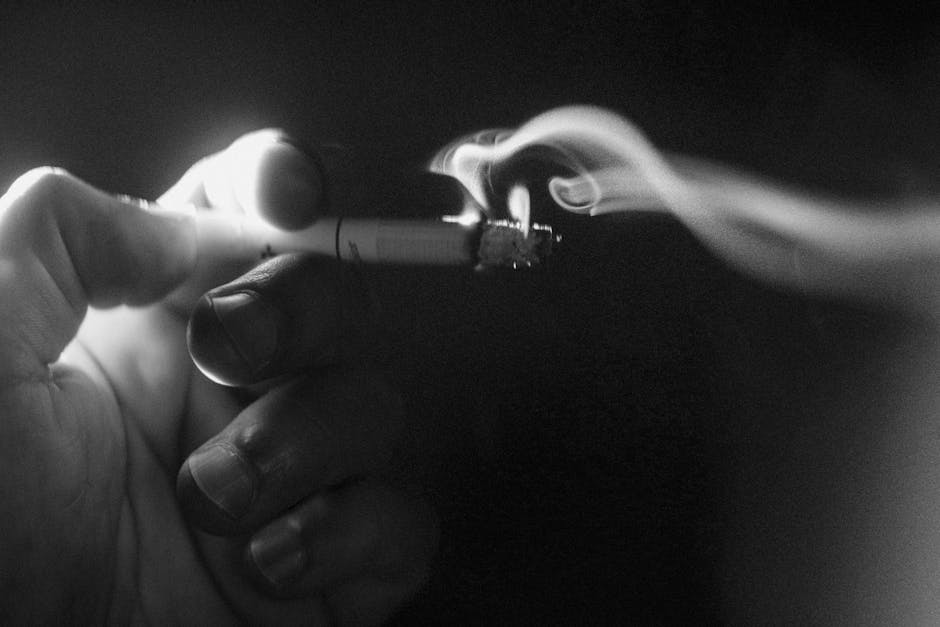
In 2016, there were almost one million Americans who reported using heroin within the previous year. That’s why our national audience needs to take notice. We need to be familiar with the types of heroin addiction treatment there are.
If you or a loved one is seeking a heroin addiction treatment program, then check out this article. We’ll show you the different models there are for heroin treatment.
You’ll see that heroin addiction treatment comes in a variety of ways. Study each of these models to see which treatment course works best for you.
Signs and Symptoms of Heroin Addiction
The behavioral and physical signs of heroin use can be startling. Physical symptoms of abuse might include:
- Tracking marks on legs and arms
- Bruises and scabs from picking at the skin
- Constant runny nose
- Dry mouth
- Flushed, warm skin
- Heaviness in legs or arms
- Reoccurring respiratory infections
- Restricted pupils
- Severe itching
- Shortness of breath
- Vomiting or nausea Weight loss
Behavioral signs of heroin abuse include:
- Lying about consumption
- Avoiding family members and relatives
- Decreased personal hygiene
- Periods of hyperactivity followed by periods of sleeping
- Lack of motivation or apathy
- Garbled or slurred speech
- Wearing long-sleeved shirts and pants, even during hot weather
These physical and behavioral indicators are signs. If you or a loved one notice these signs, consider seeking help at a heroin addiction treatment center.
 Different Heroin Addiction Treatment Models
Different Heroin Addiction Treatment ModelsYou know you have a big decision to make that first step towards recovery. You’ve heard about models for treatment for heroin addictions. Here’s a closer look at the options available to you.
Inpatient TreatmentPatients first get admitted to a health treatment facility or hospital. Inpatient treatment includes round-the-clock monitoring. These services are also for trauma that requires more than an overnight stay in a hospital.
Inpatient treatment provides the highest level of care. Patients with addictions get separated from people who encourage destructive habits.
Patients are also shut off from accessing drugs altogether. These drugs will undermine their recovery effort.
Inpatient treatment addresses the imminent threat to the patient and stabilizes them. This level of care lasts between 3 and 7 days. When the patient stabilizes, they have a multitude of heroin addiction rehab center models to choose from.
Here is a more in-depth look at each of these different rehab models and their physical settings:
Outpatient TreatmentOutpatient treatment programs don’t need round-the-clock medical supervision or detoxification treatment. There are no accommodations for clients to live in.
Clients go home or continue with their regular schedules, jobs, and other commitments. Outpatient treatment is an optimal choice for those patients who have a supportive and sober home environment.
Outpatient clients still receive intensive treatments without the round the clock attention. Clients attend counseling from three to four times a week at an offsite facility. Therapy consists of weekly individual therapy as well as participation in 12-step programs.
Residential TreatmentResidential treatment centers provide a place for clients to live on the premises. They specialize in delivering therapy for addictions in many different methods. These methods include group or individual therapy or social support therapy, as well.
There are different methodologies for residential addiction treatment. Residential heroin treatment centers will specialize in one of these three methods:
Short-term TreatmentA short-term treatment program offers a demanding yet short intervention time frame. These programs often only last between several days and one month.
Clients in short-term residential treatment centers live onsite. They and take part in a time table of recovery-related activities. These activities include group and individual therapy sessions.
Patients will also undergo detoxification at the care of experienced medical staff.
Long-term TreatmentLong-term treatment programs will last approximately 6 to 12 months long. A patient in one of these programs usually has more critical symptoms than those in short term treatment facilities.
Some symptoms could include suicidal tendencies or other psychological disorders. Specific treatments are available for different client populations.
Examples of some of these populations include incarcerated inmates. Patients with severe personality disorders are another example of these special populations.
Patients at long-term treatment centers will stay for a longer period than short-term patients. A patient’s stay depends on the seriousness of their current condition.
Long-term term residential patients will also receive support services that aren’t related to their addictions. These services include rehabilitating previous skills that they’ll need to succeed on their own. Examples of these services include speech therapy and tutoring.
Therapeutic CommunitiesA therapeutic community is another type of residential treatment facility. With this model, both clients and treatment providers live together onsite. Therapeutic community approaches teach patients to review and adjust their current lifestyle habits.
This examination is at the center of each patient’s effort to create “right living” routine changes. “Right living” means being responsible, hardworking, honest, and ready to learn new things.
Qualities of Good Residential Treatment ProgramsNo single residential treatment is better than the others. Residential treatment may not always be suitable for every patient, either. An effective residential treatment program will have the following common features.
Treatment intervention activities should address an individual patient’s specific needs. Medical professionals will conduct an in-depth assessment of each patient’s mental and physical state. These assessments create the foundation for the eventual treatment plans.
Effective treatment centers usually include combined medication and psychotherapy services. Psychotherapy should be offered to patients in either an individual or a group.
Next StepsSchedule time to meet with your doctor as soon as you can. Ask them for their opinion on the many residential treatment models available. They might even introduce you to onsite counselors who can give you a tour of some of their facilities.
You can find more helpful information on heroin addiction treatment and other rehab options on our website, as well. Don’t sit and watch this disease destroy your life or those you love the most. The right treatment center can help you or someone you love to start healing today.

